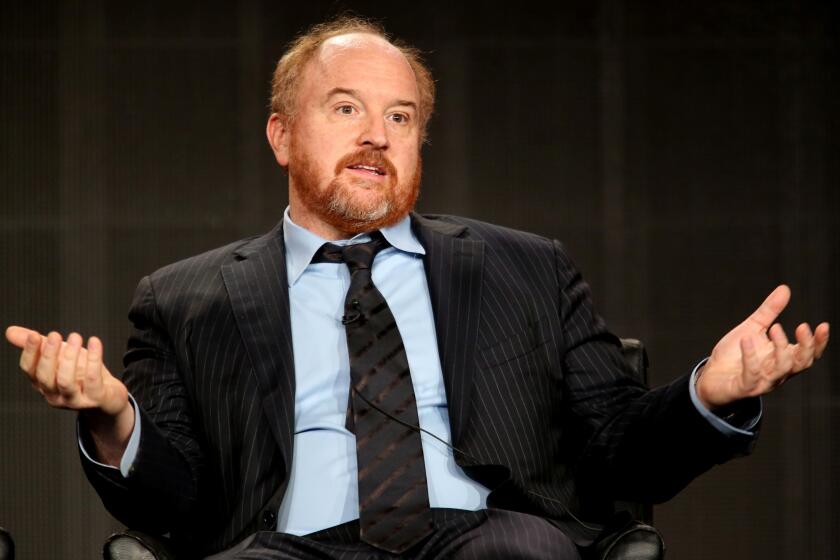Universal Studios Gives a Thumbs Down to Secession Plans
The current blueprint for creating new cities in the San Fernando Valley and Hollywood generated a new opponent Wednesday: Universal Studios.
A Universal spokesman said plans now under consideration would leave the studio’s property split between two new cities and Los Angeles County.
“We believe this presents not only severe operating difficulties, but also presents severe public safety issues,” said William Delvac, an attorney for Universal.
Delvac made his complaint to a meeting of the Local Agency Formation Commission, which is studying whether to put Valley and Hollywood secession proposals on the November ballot.
Los Angeles County Supervisor Zev Yaroslavsky, a member of the commission, downplayed the problem, noting that Universal is currently divided between the city of Los Angeles and the county and has worked out coordinated police and fire services.
LAFCO agreed to meet with Delvac over his concerns after he said Universal does not mind being split between two jurisdictions but believes three would be too many.
Boundaries for the proposed cities were also adjusted by the commission Wednesday.
The agency voted to move 3,000 Cahuenga Pass residents from a theoretical new San Fernando Valley city to a theoretical new city of Hollywood.
“They prefer to be in the city of Hollywood, which they identify with,” LAFCO Executive Director Larry Calemine said.
At the same time, several homeowner groups and businesses have asked to be excluded from the proposed city of Hollywood. The projected population of a Hollywood city--206,000--would be cut in half if all the requests were granted, Calemine said.
The groups wanting their neighborhoods removed include the Melrose Neighborhood Assn., the Hancock Park Neighborhood Assn., the Larchmont Village Homeowners Assn., the Beverly/Wilshire Homeowners Assn., the Wilshire Homeowners Alliance and the East Hollywood Community Assn. Developer Gilmore Co. also asked that the Farmers Market be excluded.
As a compromise, the commission tentatively proposed that all areas south of Melrose Avenue be removed.
The panel also discussed a recent finding that a Valley city would not be entitled to $30 million in property transfer taxes it now receives annually as part of Los Angeles, creating another budget hole that would need to be plugged. A Valley city would produce an annual surplus of $7 million the first three years, according to previous estimates.
The president of the secessionist organization Valley VOTE, Jeff Brain, promised the commission that his group would deliver a plan Monday that could cut $200 million from the $1-billion cost of delivering services to a new Valley city.
More to Read
The biggest entertainment stories
Get our big stories about Hollywood, film, television, music, arts, culture and more right in your inbox as soon as they publish.
You may occasionally receive promotional content from the Los Angeles Times.







